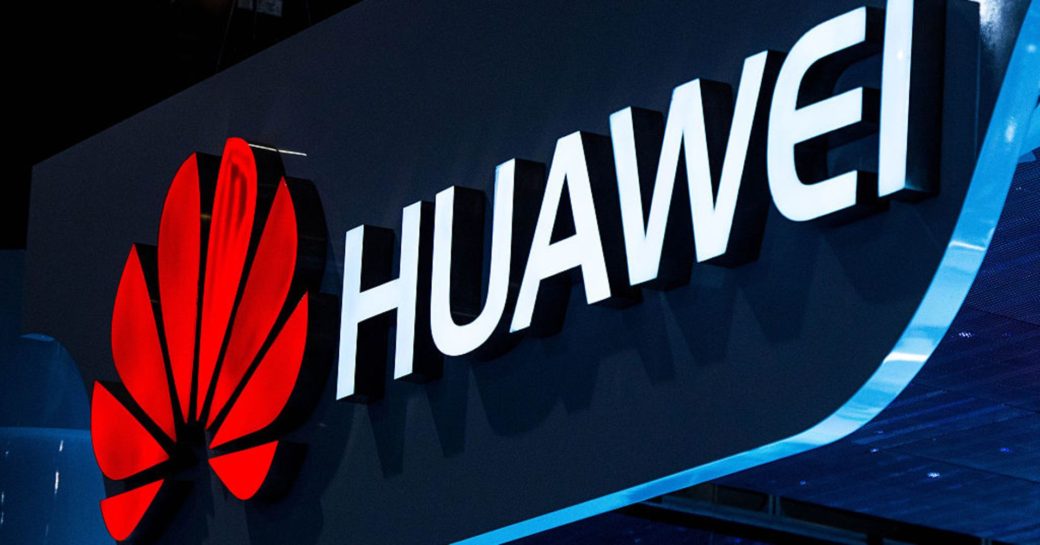H Oxford Economics considers that the exclusion of one of the big "players" such as Huawei can increase the cost of 8G network development by 29% to 5%.
ΣUS's 'war' with Huawei over network development could have significant impact on economic growth 5G worldwide.

The US government has not stayed away from banning the use of Huawei equipment on its territory, but has also launched a global campaign against the company, raising cyber security issues. In particular, the US cites Huawei's close relationship with the Chinese government as an excuse, and given that the infrastructure for 5G networks can be a backdoor for the interception of data and information.
US officials and intelligence officials have approached various European countries. The United Kingdom is now in the spotlight, with pressure on the Johnson government to ban the use of Huawei equipment in the development of the 5G network.
Of course, the British Prime Minister himself stated in BBC TV on the issue of Huawei that anyone "opposed to the use of equipment by a particular company should give us alternatives." The British people should "have access to the best possible technology," he said Boris Johnson.

Huawei, for its part, is concluding new deals by sending the message that cybersecurity is basically a technical issue and not a political one. "From a technical point of view, we can solve the problem of cybersecurity. However, if this becomes political and if we simply evaluate from which country a company comes, the solution of this issue becomes very complicated ", note company sources.
Company executives say that in addition to meeting the standards set by regulators, the company is willing to work with all stakeholders to ensure greater data protection. Telecommunications is an ecosystem where different roles have different responsibilities and therefore a joint effort is needed from all parts of the chain to be able to provide comprehensive data and personal data security.
The market leader
The global 5G network infrastructure market is dominated by three "players", the Ericsson, Huawei and Nokia. But, according to leading telecommunications executives, Huawei is two to three years ahead of the competition.

In a decade, Huawei has invested about $ 4 billion in 5G network equipment (excluding 5G devices). During the same period it has produced a huge amount of research work resulting in it holding 3.367 "families" of patents on 5G, more than any other company in the field or about 20% of the total.
Huawei has undertaken more than 60 5G contracts, 31 of which in Europe, 11 in the Middle East, 10 in the Asia-Pacific region, 7 in the Americas and 1 in Africa. It has shipped over 400.000 5G base stations and that number is constantly growing.
How much will the exclusion of Huawei cost?
Excluding a key vendor from developing 5G systems will cost the global economy as a whole, according to research conducted by Oxford Economics on behalf of Huawei.
The world-renowned financial studies and forecasting company estimates that the exclusion of one of the big "players" such as Huawei could increase the cost of developing a 8G network in a country by 29% to 5% over the next decade.
In addition to the additional costs, Oxford Economics warns that "restrictions on competition could lead to delays in network development, which means that millions fewer people will have access to 5G by 2023."

Analysts also believe that the delay in the development of the 5G network will lead to a slowdown in technological innovation and economic growth.
The Oxford Economics survey captures the effects of Huawei's blockade in eight countries (Australia, France, Germany, the United Kingdom, USA, Japan, India and Canada) creating three scenarios compared to the baseline scenario where no restrictions are imposed on its development. 5G network.
"In our baseline scenario, the exclusion of Huawei could lead to a reduction in nominal GDP in 2035, ranging from $ 2,8 billion for Australia to $ 21,9 billion for the United States," said Oxford Economics analysts. For all eight countries, it is estimated that per capita GDP will fall by an average of $ 100 in 2035 compared to a world where no restrictions are imposed.
Who owns Huawei?
One of the main points of criticism of the US is that Huawei is partly controlled by the Chinese government. The company declares that it belongs 100% to its employees. Huawei Investment & Holding Company has two shareholders. The founder of the company Ren Zengfei, holds 1,01% of the share capital and the Company's Association holds the remaining 98,99%. Huawei employees hold "virtual limited shares" and through them elect the Board of Representatives which has 115 members and performs all the duties of shareholders. With this innovative management system the company motivates employees to remain committed and contribute to the long-term development of the company.

Mr. Ren Zengfei has the right to veto certain decisions that, according to Huawei executives, concern the overall strategy of the company and the placement of candidates for senior management positions. In any case, as Huawei clarifies, "no government agency or organization has a stake or control over the company."
[the_ad_group id = ”966 ″]




